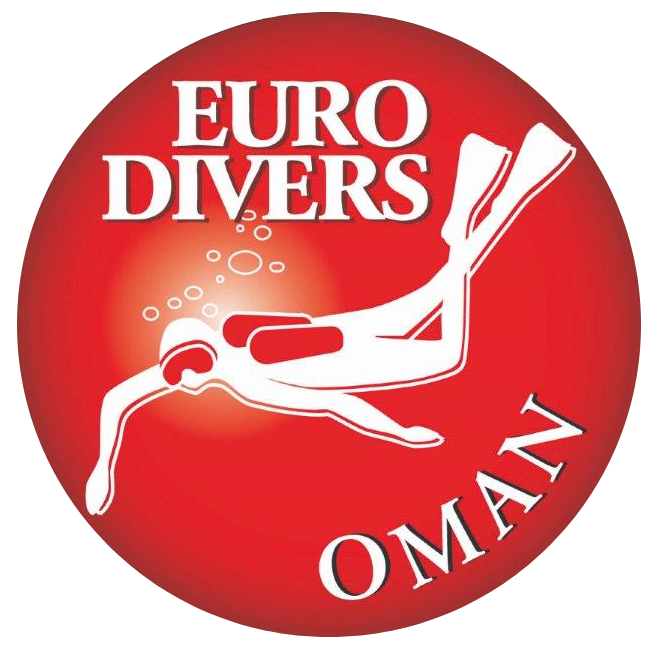Frequently Asked Questions – Certified Divers
Yes absolutely you can. However, we do wish to know in prior if you have DIN or International regulator so we can prepare the air tanks accordingly for you.
Yes you can rent the complete dive gear from us for an additional cost. You also have an option of renting the partial gear based on your requirement.
No, our Third Party Liability Insurance do not extend the coverage towards recreational diving activity. Therefore, you are advised to buy your own diving insurance. If you’re 75 years and above, you’re required to submit your medical statement signed by a physician at least 15 days ahead of your trip to us as the same needs to be approved by our insurance company.
Yes you’re permitted to dive, however, this is subject to your medical certificate which should clearly state ‘FIT TO DIVE’ and should be issued within the last 12 months. For more information on this, please download the Medical Questionnaire and if any of the answer to these questions is YES, then we require the medical certificate along with your booking confirmation.
No, it’s not permitted.
Yes you can and this is for an additional cost. However, please note, there is no snorkelling guide, therefore, they must know swimming very well.
We do have a marine toilet & shower on boat for emergency use. You can as well use our equipment room to have a quick shower.
The nearest decompression chamber is apx 40 minutes’ drive from our Marina and located at Royal Hospital, Bowsher, Muscat.
